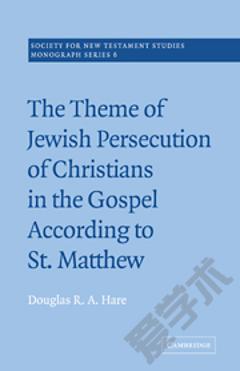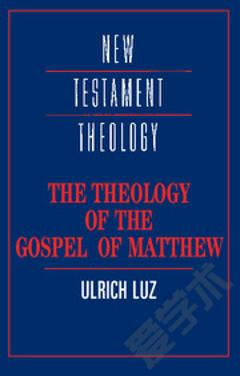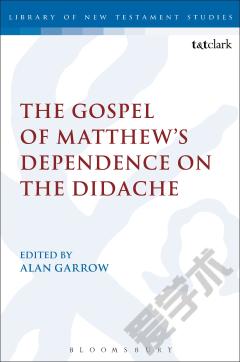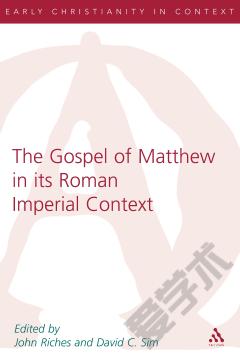The Theme of Recompense in Matthew's Gospel
Matthew's theology of the Spirit has received scant scholarly attention, a regrettable oversight since the evangelist is careful to note that the eschatological redemption described in his Gospel is the direct result of the activity of God's Spirit. Matthew's narrative of God's restoring work, which begins with Jesus and continues through his followers, is informed by, even as it extends, the larger biblical narrative concerning God's creative, redemptive, and restorative work at the centre of which stands his Spirit, his active presence. As the study elaborates upon the broad sweep of Matthew's interest in the Spirit, the operation of the Spirit is examined in relation to the three theological categories of christology, soteriology, and ecclesiology.
{{comment.content}}








 京公网安备 11010802027623号
京公网安备 11010802027623号